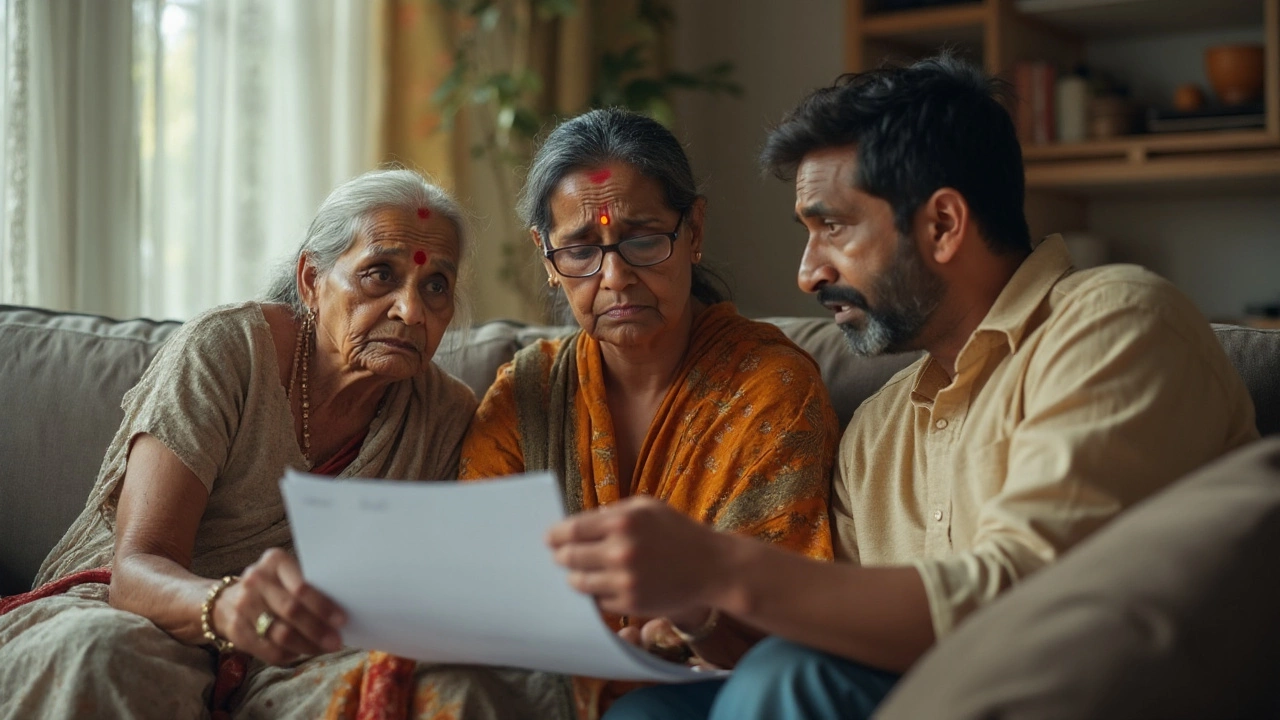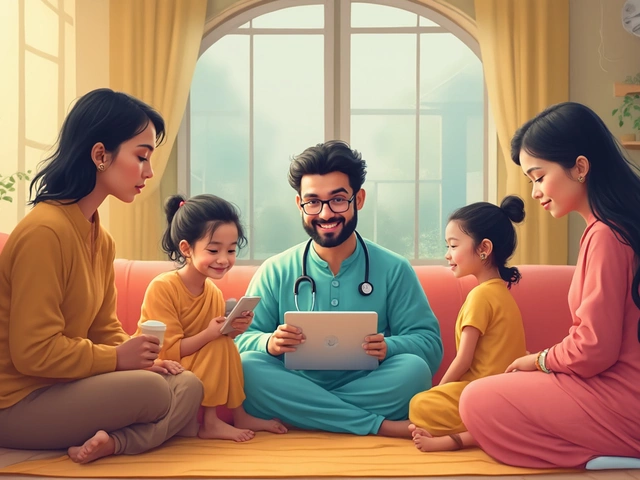Deadliest Cancers: What Makes Them So Hard to Beat
If you’ve ever wondered why certain cancers feel unbeatable, you’re not alone. The term “deadliest cancers” usually points to those that spread fast, hide well, or resist most treatments. Knowing the why helps you spot warning signs early and make smarter choices about care.
Why Some Cancers Remain Incurable
In 2025, doctors still can’t cure a handful of cancers. Tumors like pancreatic, mesothelioma, and certain brain cancers have a knack for hiding in places where surgery is risky and chemo can’t reach. Their cells also mutate quickly, so drugs that work today may fail tomorrow. This rapid change means researchers have to chase a moving target, which slows progress.
Another big hurdle is late detection. Many of these deadly cancers show few symptoms until they’re already advanced. By the time a scan spots a tumor, it’s often spread to other organs. That’s why routine health checks and listening to unusual body signals can be lifesavers.
Understanding Late‑Stage Cancer (Stage 3 & 4)
Stage 3 and stage 4 are the ones that scare most patients. Stage 3 usually means the tumor has grown into nearby tissues or lymph nodes, but it might still be removable with surgery plus chemo or radiation. Stage 4 means the cancer has traveled far from its original site – lungs, liver, bones, you name it.
Don’t assume stage 4 always equals a death sentence. Some people live years with good quality of life thanks to targeted therapies, immunotherapy, and clinical trials. The key is personalized treatment plans and staying updated on new options.
For families, the biggest challenge is the emotional roller‑coaster. Knowing the difference between “advanced” and “terminal” helps set realistic expectations and plan ahead. Talk openly with doctors about goals – is the aim to shrink the tumor, manage pain, or both?
In practice, early screening, staying informed about the latest trials, and building a strong support network make a huge difference. If you or a loved one faces a deadly cancer, ask your oncologist about genetic testing, clinical trial eligibility, and palliative care options. Small steps now can improve outcomes later.
Remember, while these cancers are tough, medical science keeps moving forward. Staying proactive, asking the right questions, and leaning on trusted health resources can turn a scary diagnosis into a manageable journey.






